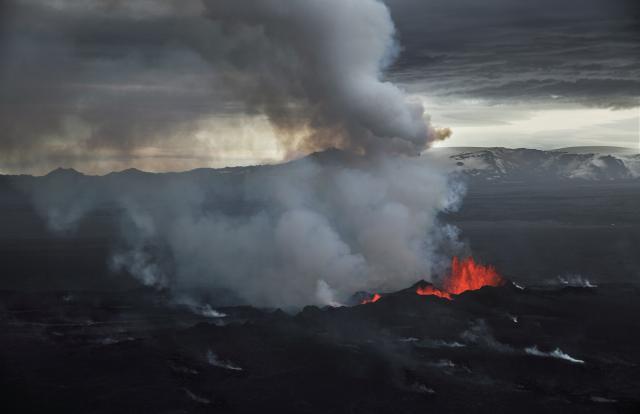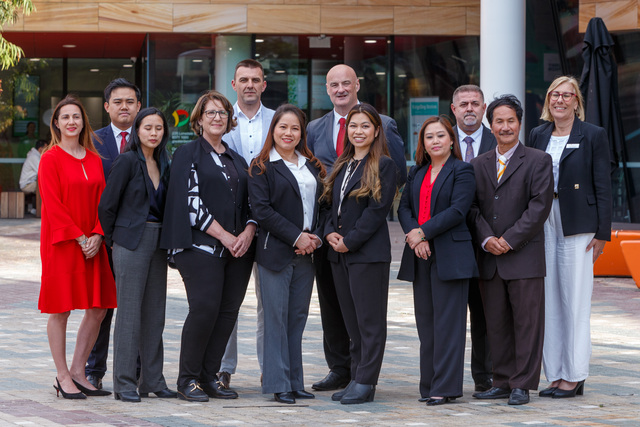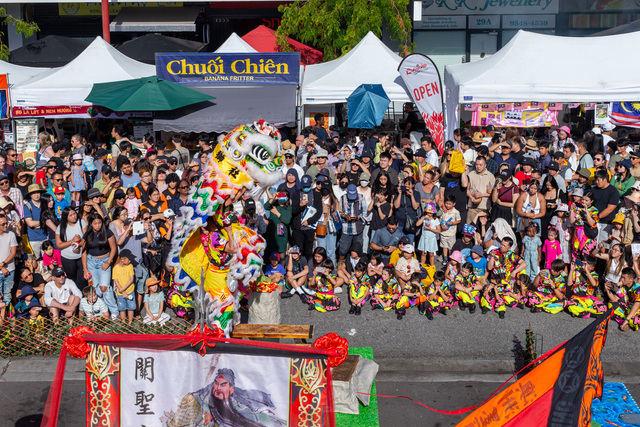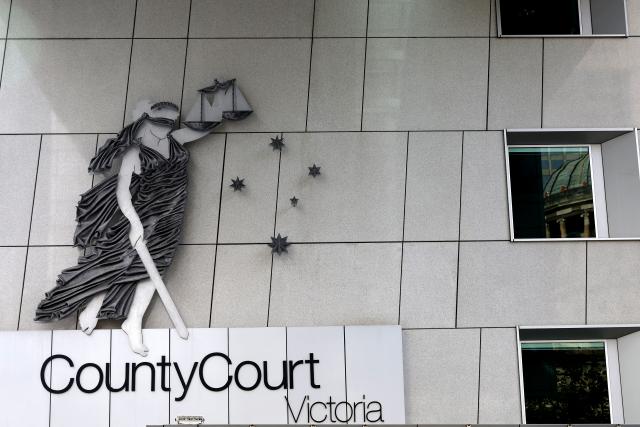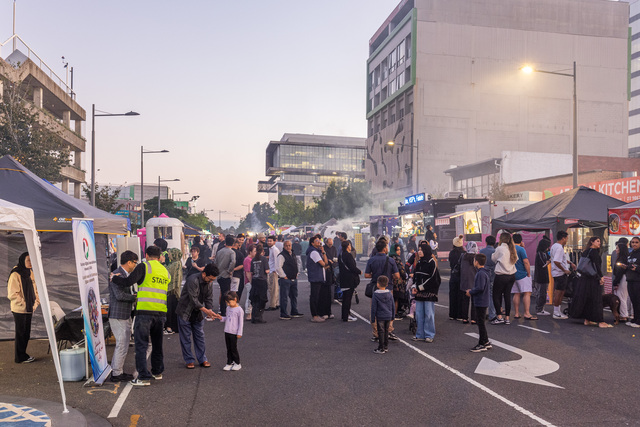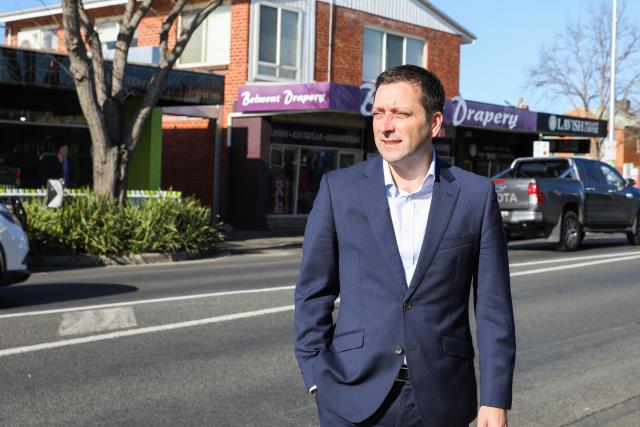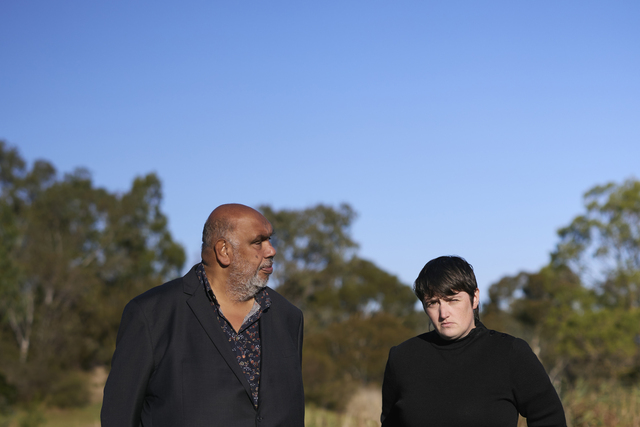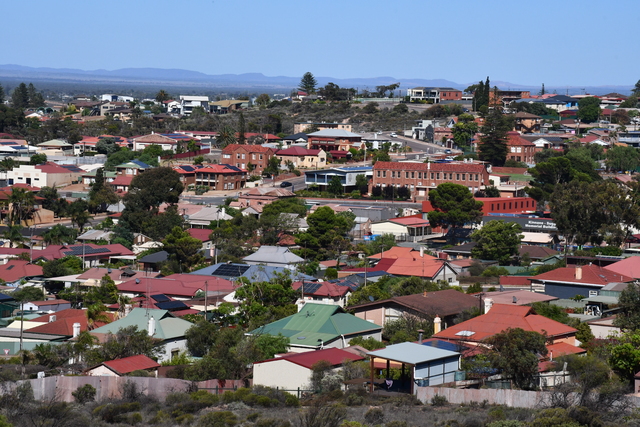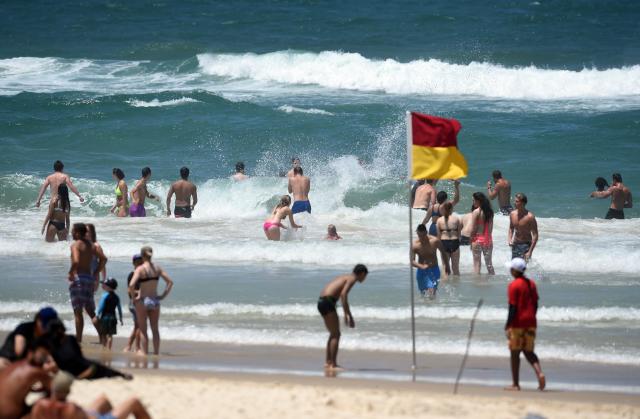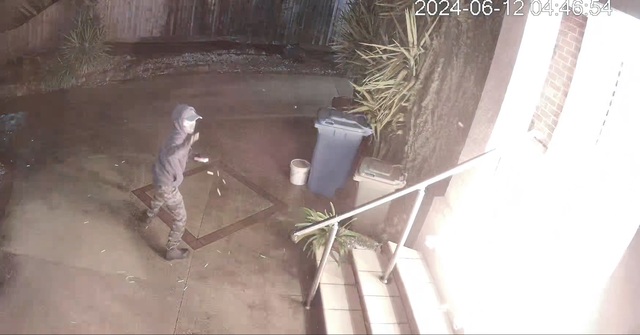The Cook Islands community is recovering from the underwater volcano and resulting tsunami that erupted in the Pacific Ocean near Tonga on Saturday 16 January.
The timing could not have been worse for the nation of 15 islands after it reopened its borders to fully vaccinated travellers from New Zealand just last week.
Cook Island Community Services of Victoria President James Henry said the natural disaster would create more headaches for the nation still grappling with the effects of Covid-19.
“It seems like this is the second wave of the pandemic in people’s minds,” Mr Henry said.
“We have been supporting our family by sending money back home. When the border opened it gave us a bit of relief.
“Now the tsunami hits and people are going back into panic mode again.”
The organisation aims to maintain connections to native language, religion and culture through church services for the Cook Islands population in Victoria, and also supports fundraising initiatives for those living on the Islands.
Census data from 2016 and 2011 reveals the City of Casey and City of Greater Dandenong ranked first and second, respectively, for Melbourne local government areas with the highest number of Cook Islands-born residents.
The impact of the eruption was felt in the Cook Islands at roughly 11pm on Saturday night, with the darkness adding another layer of difficulty for first responders.
Mr Henry, who was born on the island of Aitutaki, has been in contact with family members who still live on the island.
They relayed their experiences to Mr Henry and spoke of hearing the eruption from their homes, approximately 1600 kilometres away.
“They just heard a massive bang. It happened so quickly,” he said.
“The water level went as high as the wharf.
“Lots of fishing boats capsized and were banging against each other.”
Ash cloud from the volcano has contaminated water supplies in the region, which Mr Henry says is a “major issue” for the nation that relies heavily on rainfall for its horticulture and farming produce.
The Cook Islands economy is primarily held-up by fishing, tourism and fruit and vegetable plantations such as arrowroot, sweet potatoes, bananas and taro.
While the plantations remained largely unscathed according to Mr Henry, the impact on the fishing and tourism industries will be felt for a long time to come.
Boats were damaged, businesses flooded and wild weather in the area made safe landings difficult for aeroplanes.
With lengthy border closures designed to protect the community from Covid-19, the tourism industry was already reeling before the volcano eruption, as workers left the Cook Islands in search of employment.
“During Covid-19, there was about 4000 Cook Islanders that went to New Zealand for seasonal work,” Mr Henry said. “Most of those people work in hotels, hospitality businesses.
“The problem is, I don’t think they will come back. There’s going to be a workplace shortage in the Cook Islands. [They had] the first flight back, now this happens.”
Those interested in helping the Cook Islands recover from the disaster are encouraged to donate financially to the recovery effort.

